Chosen theme: Respectful Tourism in Indigenous Areas. Journey with intention, humility, and curiosity. Discover practices that honor Indigenous sovereignty, protect culture and land, and build real relationships. Explore, learn, and subscribe to stay engaged with resources that help you travel respectfully.
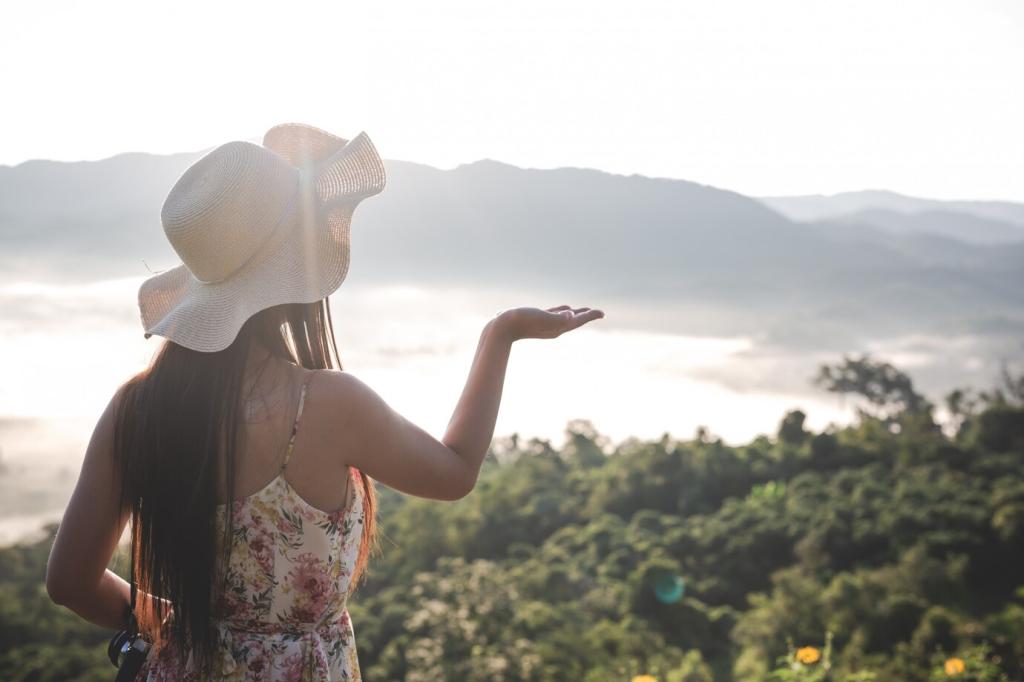
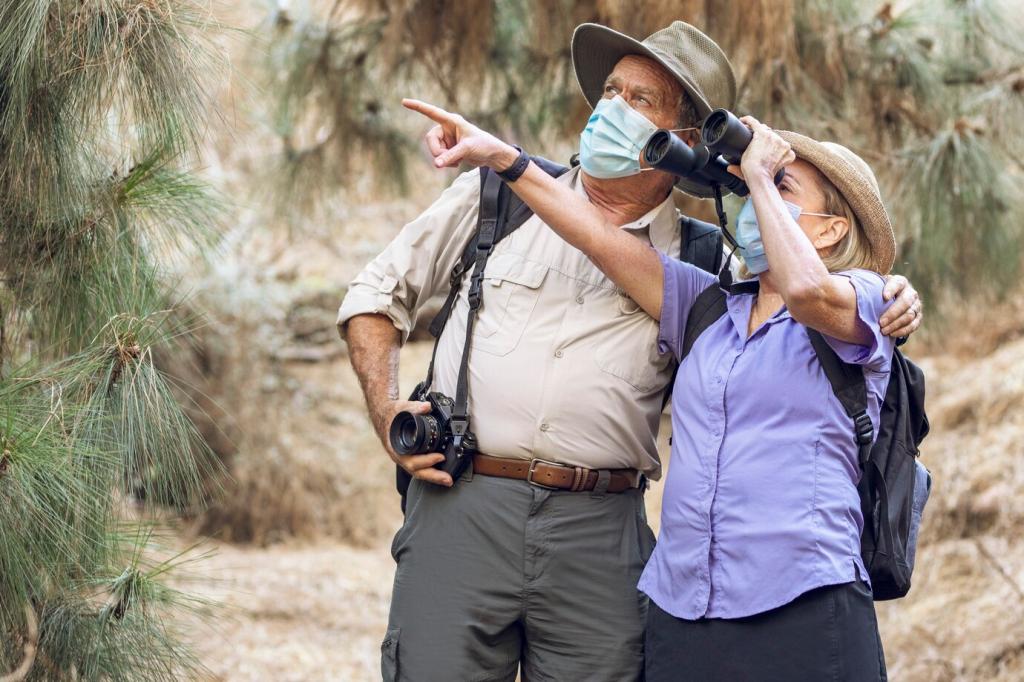
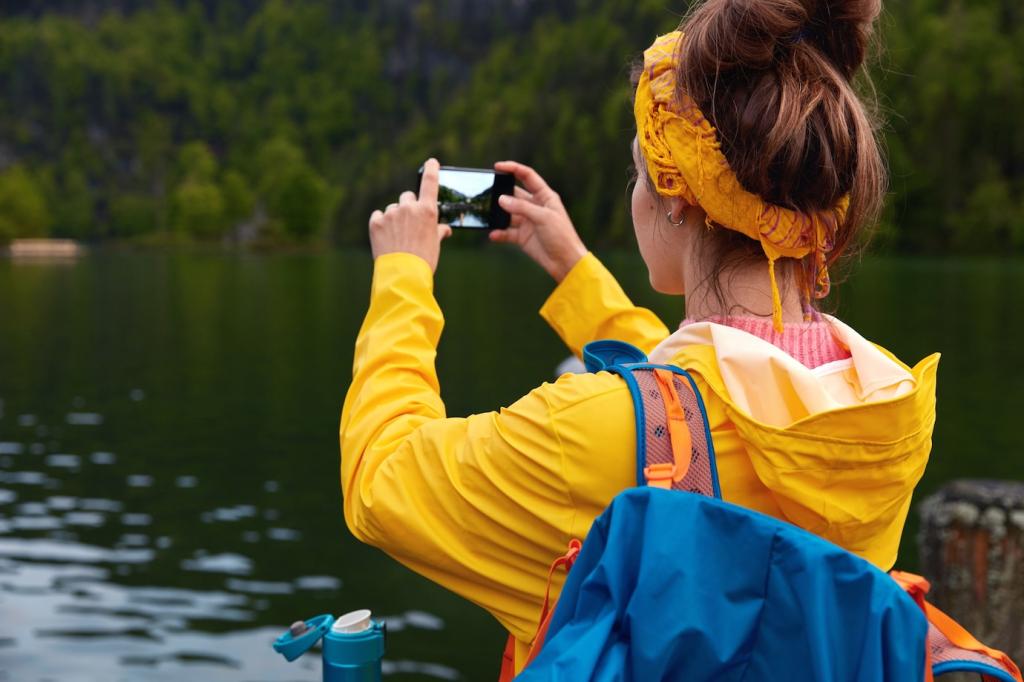
Choose Community-Owned and Led Experiences
Select lodges, tours, and homestays owned or governed by local people. Ask how revenue circulates, who guides decisions, and what projects tourism supports. Book directly when possible, and invite friends to do the same. Your choices help keep benefits local and transparent.
Fair Wages, Transparent Agreements, and Mutual Planning
Clarity prevents harm. Confirm rates upfront, avoid bargaining that undercuts livelihoods, and ensure guides are paid promptly. Share your expectations, honor theirs, and co-create itineraries with realistic timelines. Trust grows when agreements are respected, schedules are flexible, and responsibilities are clear to everyone involved.
Long-Term Impact Beyond Your Trip
Responsible travelers follow up. Share feedback that communities request, fund scholarships or ranger programs if invited, and amplify Indigenous-led organizations with permission. Subscribe to community newsletters, return when welcomed, and advocate for policy protections at home that reinforce rights on the ground.

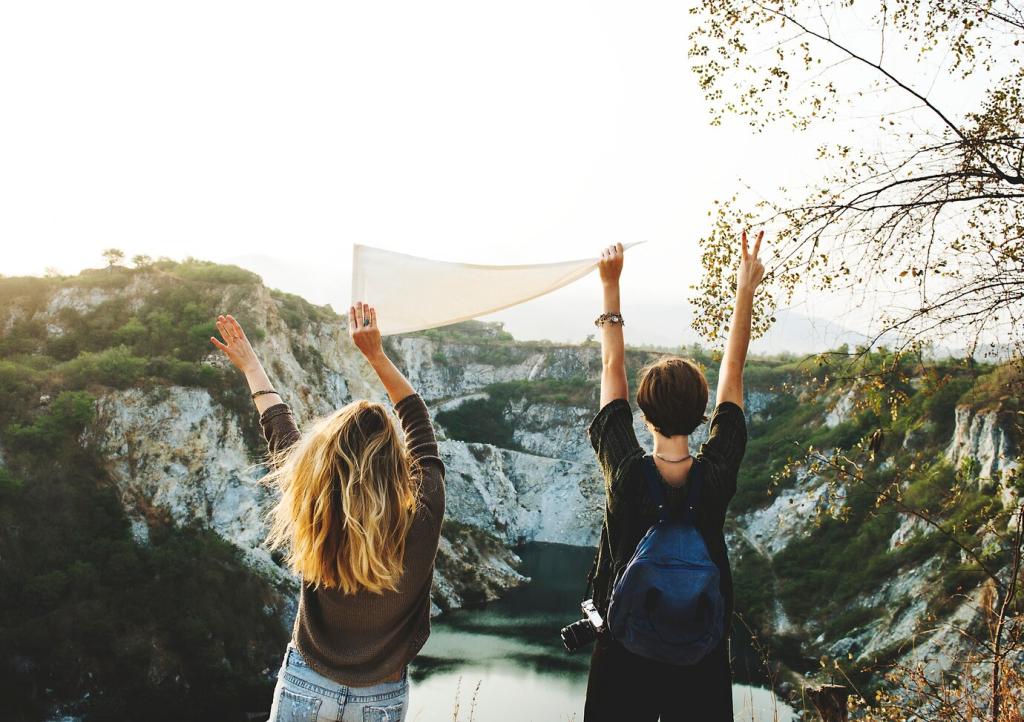
Language, Story, and Intellectual Property
A correctly spoken greeting shows respect and effort. Practice names, territories, and place pronunciations offered by hosts. Write them down, ask for corrections kindly, and use them consistently. Small linguistic commitments invite warmth and signal your readiness to learn with humility.
Language, Story, and Intellectual Property
Some stories are public; others are ceremonial or restricted. Ask whether a story can be retold, and how to attribute it properly. If permission is denied, honor the boundary. Protect context, avoid appropriation, and thank knowledge holders for wisdom entrusted to you.
Environmental Care on Indigenous Lands
Stay on marked paths shaped by community guidance. Pack out all waste, including organics and microtrash. Ask about water access rules, fire bans, and campsite etiquette. Follow instructions precisely, and report hazards to local stewards. Protection is a daily practice, not an afterthought.
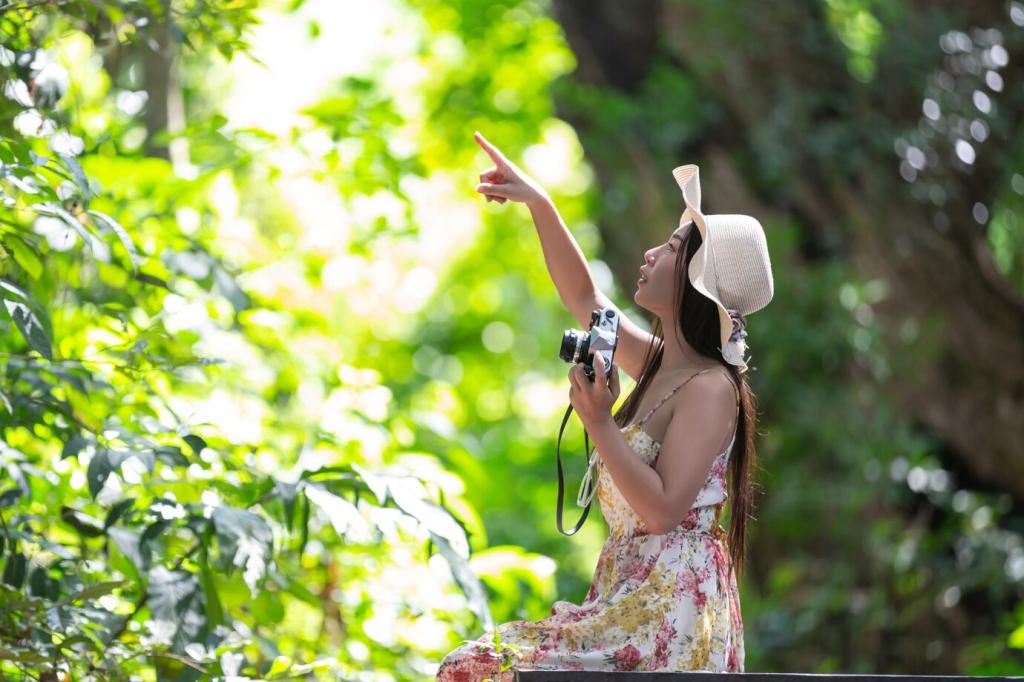

This is the heading
Lorem ipsum dolor sit amet, consectetur adipiscing elit. Ut elit tellus, luctus nec ullamcorper mattis, pulvinar dapibus leo.

This is the heading
Lorem ipsum dolor sit amet, consectetur adipiscing elit. Ut elit tellus, luctus nec ullamcorper mattis, pulvinar dapibus leo.

At a riverside workshop, a traveler admired a paddle intended for ceremony, not sale. After learning the protocol, they chose a different piece and donated to a canoe program instead. Respecting boundaries deepened trust and turned a transaction into real connection.

Guided to a community night market, visitors bought food and crafts directly from families. Vendors explained how sales funded school uniforms and language classes. That evening, travelers revised their route to return the next week—an act of ongoing reciprocity and friendship.
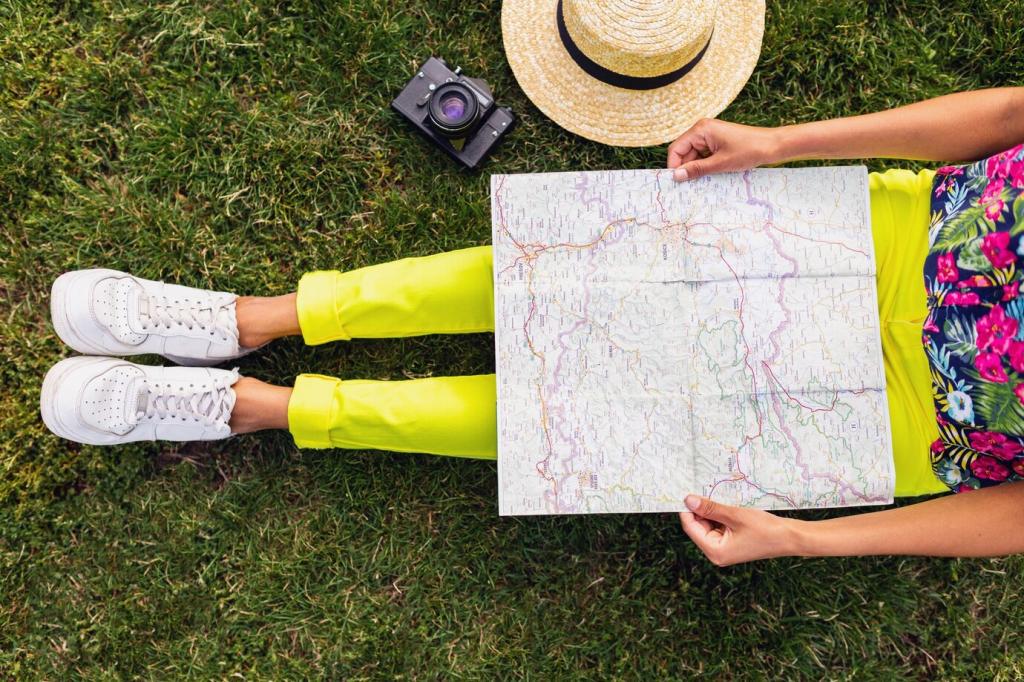
By practicing the local greeting and acknowledging territory, a visitor transformed an introduction into conversation. Elders shared history, then offered a walking tour the next morning. A few careful words, spoken with heart, invited mentorship and a lasting relationship built on respect.
